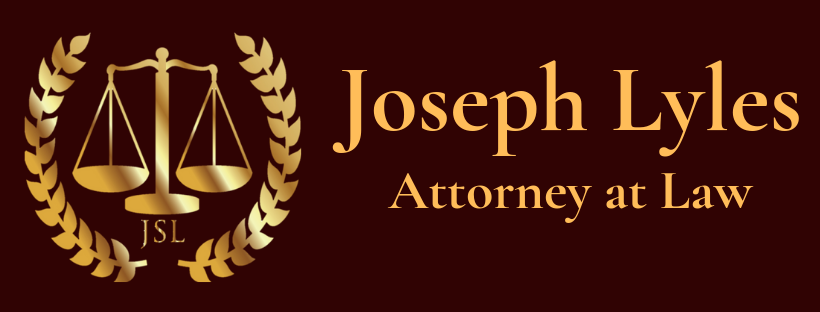Lesson 20: Judges are Powerful, But…
From The Sue the Bastards section of How You Can Avoid Legal Land Mines by Joseph S. Lyles (2003).
When couples divorce, the family court judge often makes one side or the other responsible for paying a particular debt, like a car or house payment. The person who is not ordered to make those payments will often assume that the judge’s order gets them completely off the hook, but it doesn’t.
A family court judge does not have the authority to alter an existing contract between a third party, like a creditor bank, and the couple who have come before him for a divorce. The creditor is still free to enforce its contract with either party, or both, assuming they both signed the original loan documents. In other words, your creditors can still sue you on a debt even if a judge ordered your spouse to pay the debt.
The power of any court to affect an existing contract is limited to interpreting it, not changing it. While one side or the other to a contract may feel a court’s interpretation of a contract changes it, the court is supposed to enforce only the contract as the parties understood it at the time it was made.
Courts also find implied agreements in written contracts. The most common implied agreement is the covenant of good faith. This legal fabrication was created by judges who saw that a strict, technical interpretation of a contract’s terms could cause unfair results to one side or the other. To avoid what they saw as unfair results, particularly in insurance contracts, the judges decided that there is an implied agreement among all parties to a contract that each side will act in good faith while following the contract.
The Lesson: Never assume a judge will save you from a bad contract you have entered, nor will a Family Court judge extinguish a debt you created while married. It’s important for you to consider carefully the terms of any contract you are signing, because you are probably going to have to live with those terms. Unless the contract is very simple, it would be wise to have an attorney review it to avoid land mines lurking in the language.
